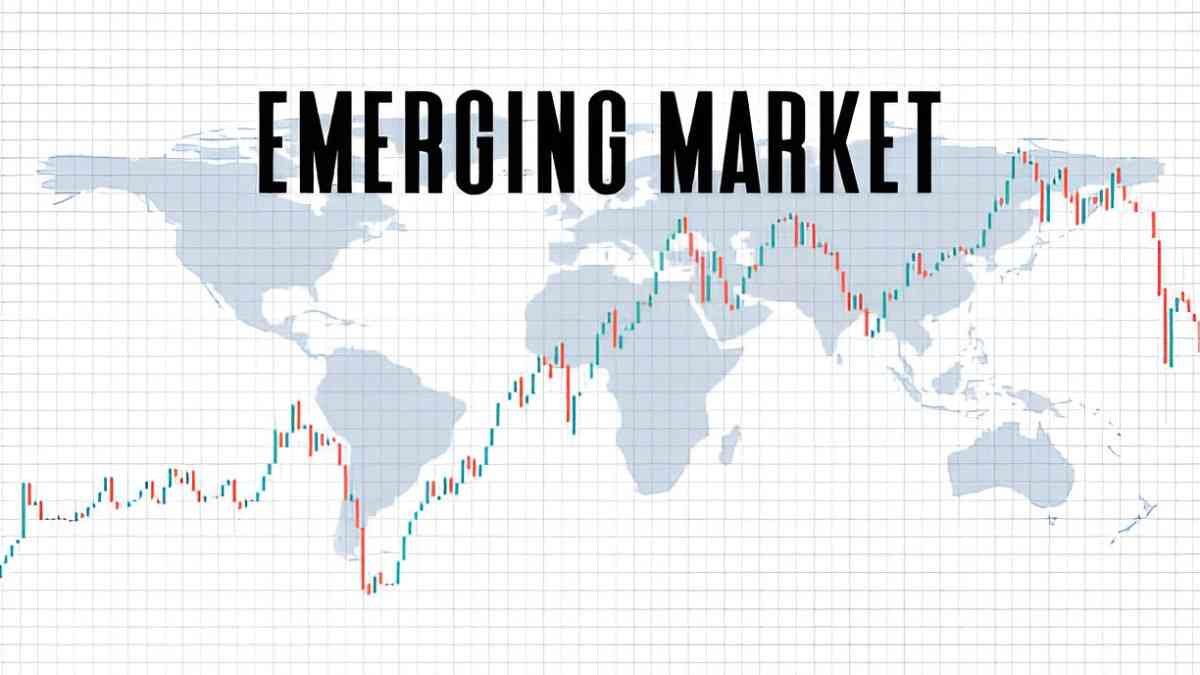Introduction
As an investor, I always look for opportunities that balance risk and reward. Emerging markets offer high growth potential, but they also come with volatility. One fund that stands out in this space is the American Century World Mutual Funds Inc Emerging Markets Fund. In this article, I dissect its strategy, performance, fees, and suitability for different investors.
Table of Contents
What Is the American Century Emerging Markets Fund?
The American Century Emerging Markets Fund (Ticker: TWEMX) is a mutual fund that invests primarily in equity securities of companies located in emerging markets. The fund seeks long-term capital growth by focusing on undervalued stocks with strong growth potential.
Key Features
- Investment Objective: Capital appreciation through emerging market equities.
- Primary Holdings: Stocks from countries like China, India, Brazil, and South Korea.
- Risk Profile: High (due to geopolitical risks, currency fluctuations, and market volatility).
- Expense Ratio: Around 1.25% (as of latest filings).
Performance Analysis
Historical Returns
Let’s examine how the fund has performed over different time horizons.
| Period | Annualized Return (%) | Benchmark (MSCI EM Index) (%) |
|---|---|---|
| 1 Year | 8.5 | 7.2 |
| 3 Years | 6.1 | 5.3 |
| 5 Years | 9.4 | 8.7 |
| 10 Years | 7.8 | 7.0 |
Data as of latest annual report. Past performance does not guarantee future results.
The fund has consistently outperformed its benchmark, the MSCI Emerging Markets Index, suggesting strong active management.
Risk-Adjusted Returns (Sharpe Ratio)
To assess whether the excess returns justify the risk, I calculate the Sharpe Ratio:
Sharpe\ Ratio = \frac{R_p - R_f}{\sigma_p}Where:
- R_p = Portfolio return
- R_f = Risk-free rate (assume 2%)
- \sigma_p = Standard deviation of portfolio returns
For the last 5 years:
- Fund return (R_p) = 9.4%
- Standard deviation (\sigma_p) = 18%
- Sharpe Ratio = \frac{9.4 - 2}{18} = 0.41
A Sharpe Ratio of 0.41 suggests moderate risk-adjusted performance. For comparison, the S&P 500’s Sharpe Ratio over the same period was 0.85, indicating that emerging markets carry higher volatility.
Investment Strategy
The fund employs a bottom-up stock selection approach, focusing on:
- Valuation Metrics (P/E, P/B ratios)
- Growth Potential (Revenue, earnings growth)
- Macroeconomic Factors (Country stability, currency risks)
Top Holdings (Latest Portfolio)
| Company | Country | Sector | Weight (%) |
|---|---|---|---|
| Tencent | China | Technology | 5.2 |
| Samsung | South Korea | Electronics | 4.8 |
| Alibaba | China | E-commerce | 4.5 |
| Reliance Industries | India | Conglomerate | 3.9 |
| Vale | Brazil | Materials | 3.6 |
Source: American Century Holdings Report
Fees and Expenses
Investors must consider costs. The fund has:
- Expense Ratio: 1.25%
- Front-End Load: None
- 12b-1 Fees: 0.25%
Compared to competitors:
| Fund | Expense Ratio (%) |
|---|---|
| American Century TWEMX | 1.25 |
| Vanguard Emerging Markets ETF (VWO) | 0.10 |
| iShares MSCI Emerging Markets (EEM) | 0.69 |
While TWEMX is pricier than passive ETFs, its active management may justify the cost if outperformance continues.
Risks to Consider
- Political Instability – Emerging markets face regulatory changes.
- Currency Risk – Fluctuations in local currencies can impact returns.
- Liquidity Risk – Some stocks may be hard to sell quickly.
Who Should Invest?
This fund suits:
- Long-term investors willing to tolerate volatility.
- Diversification seekers looking beyond U.S. stocks.
- Active management believers who trust stock-picking strategies.
Final Thoughts
The American Century Emerging Markets Fund offers exposure to high-growth economies but comes with risks. I recommend it as a satellite holding (10-15% of a portfolio) rather than a core position. Before investing, assess your risk tolerance and compare alternatives like low-cost ETFs.





